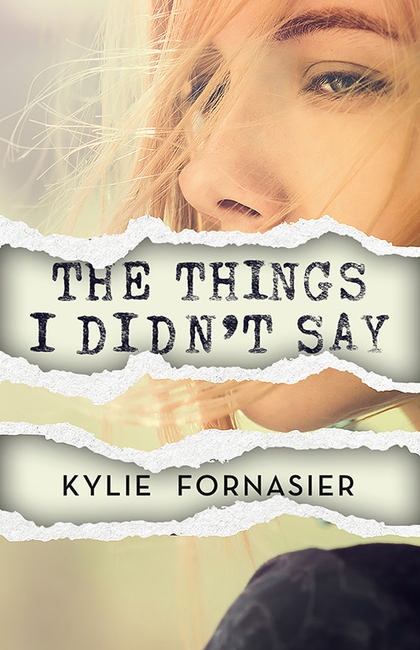 He ate
He ate
fat chips, skinny chips,
doggy vhipd, sandy chips,
crunchy little bits of chips
and even spicy chilli-dipped chips.
Like most gulls, Chip would do anything for fish and chips, even though the chips he eats make his stomach ache. So, when the fish and chip van owner bans Chip and his mates from being fed chips, Chip gets desperate. He hatches a plan to impress people so much they won’t be able to resist him and his friends.
Chip is the humorous tale of a greedy, but inventive seagulll, who trains his friends to fly in formation so they can compete in an airshow and get free chips. Though the plan works, the result is not free chips (which are bad for gulls) but fresh fish, which is more satisfying. The mixed-media illustrations make use of collage, pen outlines and digital elements and Howarth’s ability to give Chip plenty of emotion and movement with just a few simple lines is clever.
A fun picture book which will be enjoyed by kids and adults alike.


 Pig was a Pug
Pig was a Pug


 I hate the label Selective Mutism – as if I choose not to speak, like a kid who refuses to eat broccoli. I’ve used up every dandelion wish since I was ten wishing for the power to speak whenever I want to. I’m starting to wonder if there are enough dandelions.
I hate the label Selective Mutism – as if I choose not to speak, like a kid who refuses to eat broccoli. I’ve used up every dandelion wish since I was ten wishing for the power to speak whenever I want to. I’m starting to wonder if there are enough dandelions. My name is Jasmine Lovely, Jazz usually (unless I’m in trouble), and I’m a rapist. In fact, I’m guilty of more than just rape but, as my lawyer says, in the interests of judicial fairness, we can’t be prejudicial. It’s hard enough to admit rape. As a girl, people look at you exceptionally hard. People look at you blankly. Not that it’s something I admit to often, like I just did to you.
My name is Jasmine Lovely, Jazz usually (unless I’m in trouble), and I’m a rapist. In fact, I’m guilty of more than just rape but, as my lawyer says, in the interests of judicial fairness, we can’t be prejudicial. It’s hard enough to admit rape. As a girl, people look at you exceptionally hard. People look at you blankly. Not that it’s something I admit to often, like I just did to you.